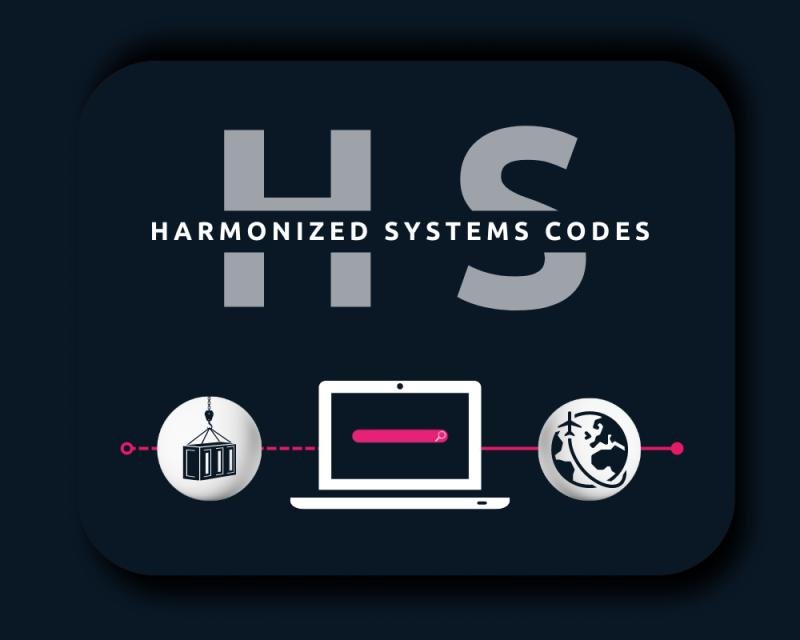In the complex and fast-paced world of global commerce, one factor plays a crucial role in ensuring shipments reach their destination without unnecessary delays or costs: the Harmonized System (HS) code. These numerical codes classify products in international trade, helping customs authorities categorize goods consistently across borders. To navigate this system effectively, performing an accurate hs code lookup is indispensable for any business involved in importing or exporting.
• The Backbone of Global Trade Classification
HS codes act as a universal language for goods traded internationally. Developed by the World Customs Organization (WCO), this system covers over 98% of all traded products worldwide. Each product is assigned a unique six-digit code, which countries can extend further for detailed national classifications. This uniformity allows customs agencies worldwide to communicate clearly about the nature of shipments, streamlining the entire import-export process.
• Streamlining Customs Clearance and Compliance
One of the primary reasons HS code lookup (https://www.gaiadynamics.ai/product/classification) is critical lies in customs clearance. Accurate classification ensures that shipments are processed swiftly without unnecessary inspections or hold-ups. Customs officials use these codes to determine applicable tariffs, duties, and any import restrictions. Misclassification can lead to shipment delays, fines, increased storage fees, or even seizure of goods. By accurately identifying the right HS codes, businesses protect their supply chains from costly disruptions.
• Facilitating Trade Agreements and Tariff Benefits
HS codes are also fundamental in determining whether goods qualify for preferential tariff rates under free trade agreements. Countries negotiating trade deals rely on HS codes to specify exactly which products are covered, avoiding ambiguity or future disputes. This specificity helps businesses benefit from lower tariffs, reduced taxes, and smoother cross-border operations, enhancing competitiveness in global markets.
• Supporting Data and Policy Making
Governments and international organizations use HS codes to collect detailed trade statistics that inform economic policies and trade strategies. Accurate data on import and export volumes by HS codes enable smarter decisions around tariffs, regulations, and bilateral trade agreements, ultimately fostering a more efficient and transparent trade environment.
• Conclusion
Efficient international trade starts with clear product classification, making HS code lookup an essential step for importers and exporters. By leveraging the harmonized system, businesses can ensure compliance, reduce costs, expedite customs clearance, and access trade benefits. Understanding and applying the right HS codes is not just about ticking a regulatory box – it’s a strategic tool for global trade success.
Office 7602 182-184 High Street North East Ham London E6 2JA
Finixio Digital is a UK-based remote-first Marketing & SEO Agency helping clients worldwide. In only a few short years, we have grown to become a leading Marketing, SEO, and Content agency.
Contact:
Mail: Media.finixiodigital@gmail.com
Phone: +44 7577 509325
This release was published on openPR.


















